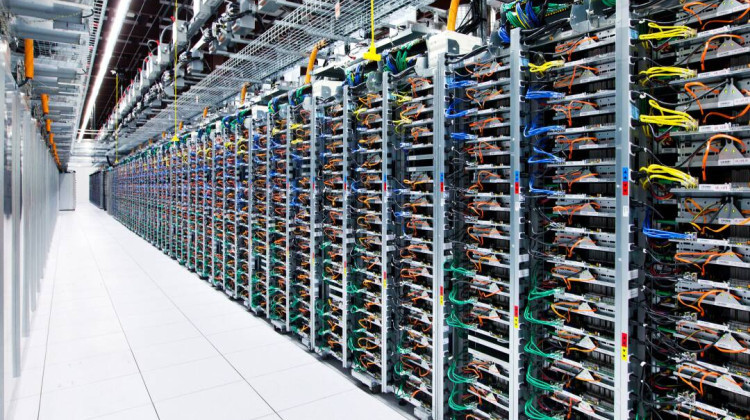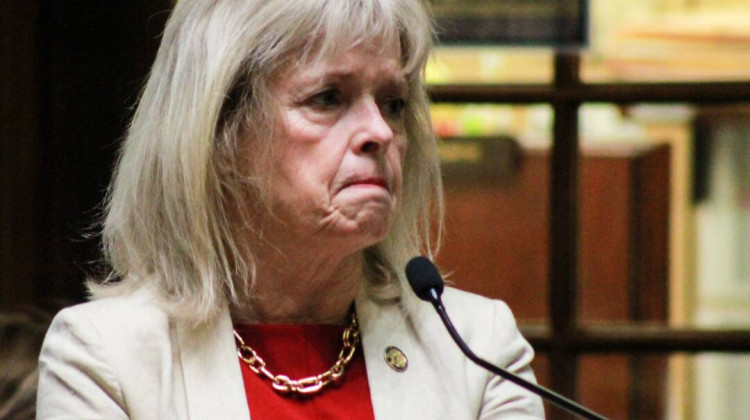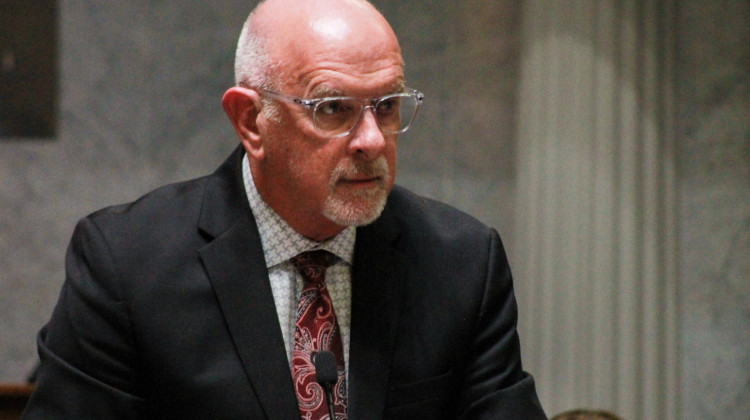People struggling to pay their energy bills are more likely to do risky, sometimes dangerous things to keep the lights on, stay warm in the winter and cool in the summer. That’s according to a new study from Indiana University’s Energy Justice Lab.
Lower-income residents who struggle with utility bills were more likely to take on debt, go without food or medicine, or keep warm by opening their ovens and running space heaters at night — which could be dangerous.
Sanya Carley is a professor at IU’s O'Neill School of Public and Environmental Affairs. She said her team expected more people would use safer strategies like seeking government assistance, getting on utility payment plans, and borrowing money from friends and family.
“But it really is the more drastic techniques that households are turning to first, which I think really underscores the desperation that they're feeling," Carley said.
IU researchers surveyed energy insecure households from June 2020 to May 2021. Carley said during the early months of the pandemic, energy insecurity was high. Many Hoosiers were working or learning from home — driving up utility bills — and some were facing unemployment for the first time.
Join the conversation and sign up for the Indiana Two-Way. Text "Indiana" to 73224. Your comments and questions in response to our weekly text help us find the answers you need on statewide issues, including this series on climate change and solutions.
She said energy insecurity went down a bit as months went on, but mostly because of federal stimulus checks.
"We actually see that energy insecurity rates have risen dramatically since the pandemic and that more houses are struggling with these issues right now than actually during the pandemic. So I think that we would find these to be very common at present day," Carley said.
Carley said this research on energy insecurity could help make federal utility bill assistance and weatherization programs more effective.
“Target the assistance to households with these particularly vulnerable members, such as young children, or medically compromised individuals, in particular individuals who rely on electronic medical devices," she said.
Carley said these groups were more likely to use multiple risky coping strategies.
Nonprofits that help Hoosiers get assistance with their bills say they are often running out of money to help everyone in need.
Contact reporter Rebecca Thiele at rthiele@iu.edu or follow her on Twitter at @beckythiele.
 DONATE
DONATE







 Support WFYI. We can't do it without you.
Support WFYI. We can't do it without you.